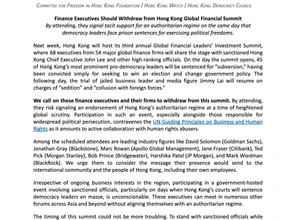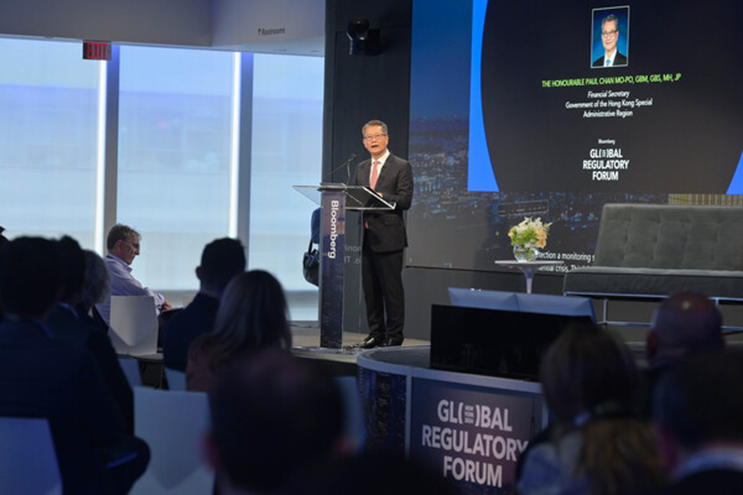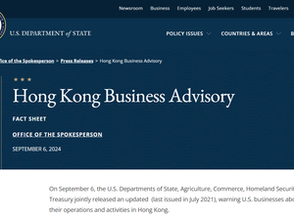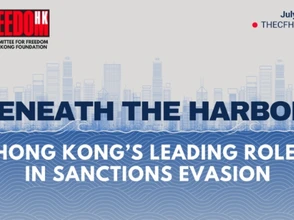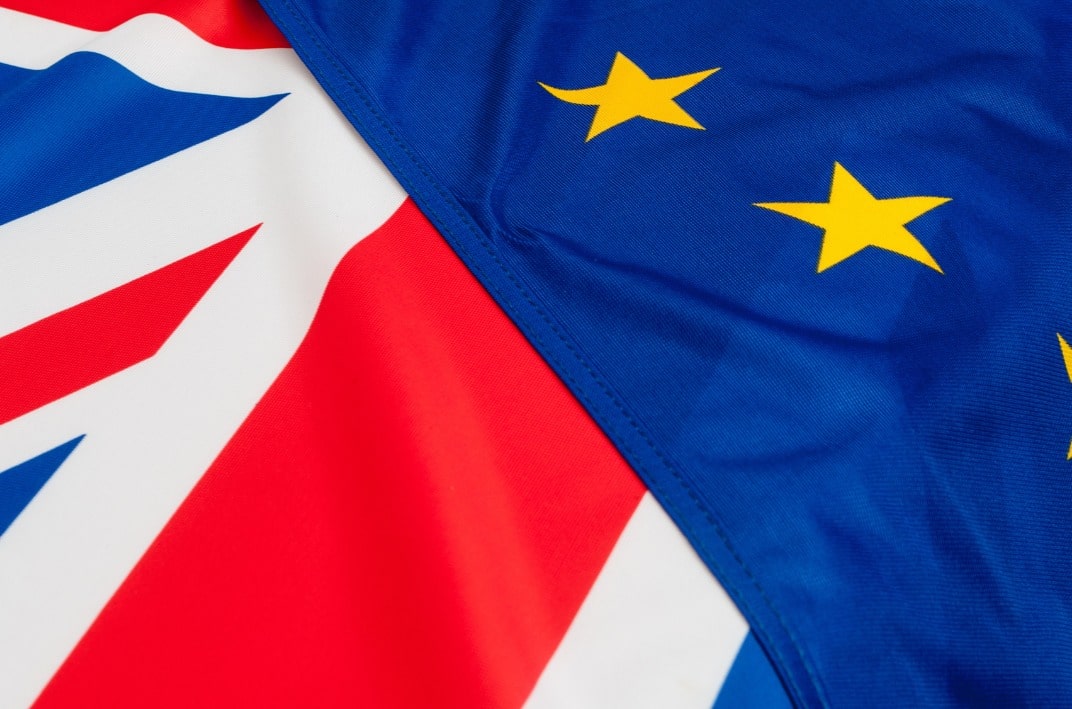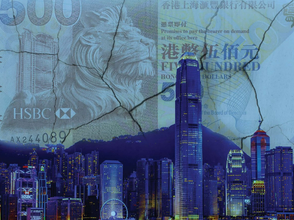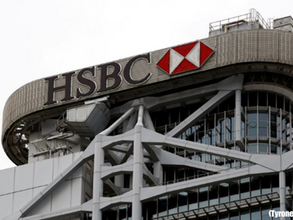
Eight months after Russia invaded Ukraine, shipments of technology categorised by the United States and European Union as the highest priority to Russia for its war effort, such as advanced semiconductors and communications equipment, had nearly doubled from prewar levels. They included products from U.S. companies such as Intel, Analog Devices, Apple and Texas Instruments – despite efforts by the U.S. government to stop sales of sensitive goods by U.S. companies to Russia. By the end of 2023, nearly 40 percent of the cargo shipped from Hong Kong to Russia was made up of these “Common High Priority Items.”
The United States, Canada, and the European Union have the legal authority to issue what’s called “secondary sanctions” that target Hong Kong and Chinese companies, banks, and individuals who do business with sanctioned companies. They should use this authority against the Hong Kong and Chinese banks, logistics firms, and corporate services agencies that provide the infrastructure for illicit trade with Russia, Iran and North Korea. The U.S. should also designate Hong Kong a Primary Money Laundering Concern (“PLMC”), a tool that would permit the Treasury Department to require U.S. financial institutions to disclose the beneficiaries of accounts opened by Hong Kong individuals. The U.S. should give the Treasury, Commerce, and State departments all the resources they need to do the job, and the U.S., EU, and their allies should increase enforcement and penalties against manufacturers and distributors of sensitive technologies.
Hong Kong has spent years building its economic ties to Iran. Leaked emails the CFHK Foundation analysed from the Iranian petrochemical company Sahara Thunder revealed relationships with Hong Kong companies that sought to facilitate ship-to-ship transfers of Iranian oil, which would then be taken to foreign ports where its Iranian origin could be masked. Other Hong Kong companies have supplied the Western parts that Iran needs to produce drones – which have increasingly appeared on battlegrounds in Ukraine, Yemen, and elsewhere.
Hong Kong has long been a hub for managing vessels and money flows that North Korea relies on to prop up its regime. The CFHK Foundation reviewed more than a decade of UN Security Council reports on the country’s efforts to evade international sanctions. Hong Kong repeatedly appeared in these reports as the key hub for efforts to mask the fleet of “ghost ships” that conduct ship-to-ship transfers at sea with North Korea of banned oil and resources. For example, a Hong Kong-owned and -managed ship, the New Konk, was discovered to be sailing throughout the area using a series of laundered false identities to transfer goods to and from North Korea. The Hong Kong government has ignored repeated Security Council calls for action against ghost ships and their owners.


